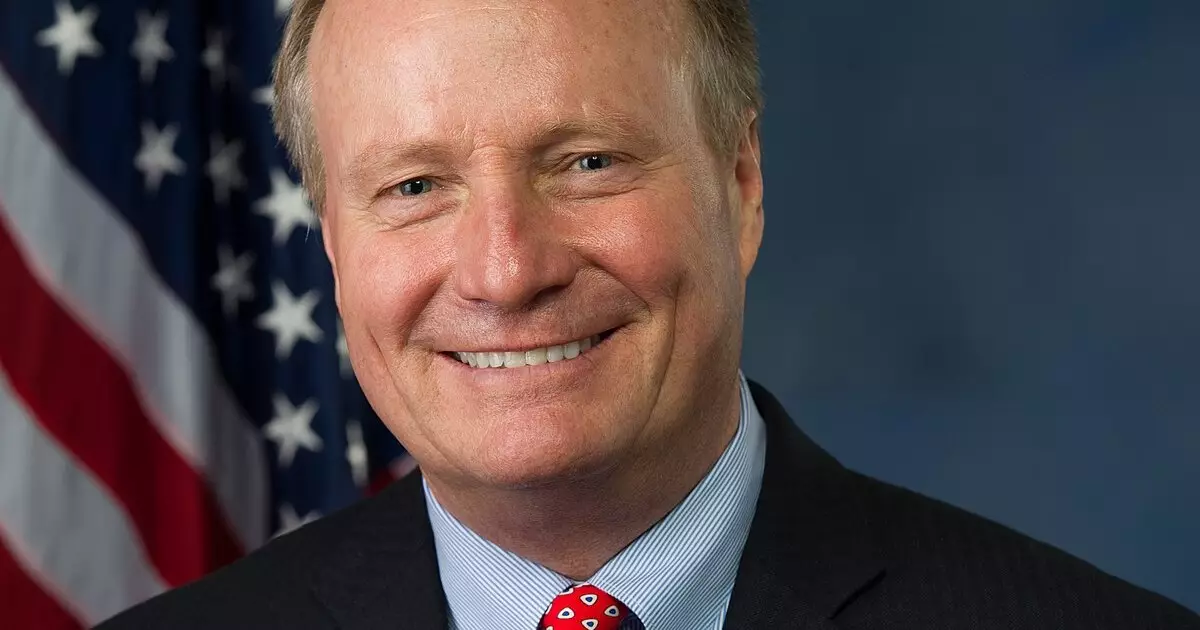Washington D.C. is entrenched in a complex fiscal landscape as city leaders push for increased federal funding due to arising security exigencies. The District’s budget request for the fiscal year 2025 stands at a staggering $932 million, marking a $142 million uptick from previous allocations. Such appeals are not merely procedural; they stem from critical needs the city anticipates, especially concerning significant events like the Presidential Inauguration. Representatives, such as Rep. Dave Joyce from Ohio, have underscored the importance of emergency preparedness funding, with a distinct portion earmarked to enhance the District’s readiness for these pivotal ceremonies.
Mayor Muriel Bowser reinforced the city’s fiscal health during a recent hearing before the House Appropriations Financial Services and General Government Subcommittee. The city’s repeated success in managing its finances—29 consecutive balanced budgets and boasting a triple-A bond rating—serves as a testament to its financial discipline. The mayor’s arguments stress that these accomplishments position the city favorably amongst its peers. However, the push for additional funding raises questions about sustainable financial management in the context of increasing expenses and the pressures of upcoming events.
The relationship between Washington D.C. and the federal government remains fraught with complexities. Unlike states, the District relies on federal grants and reimbursements for services tied to federal activities, including large-scale events such as presidential inaugurations. Council Chairman Phil Mendelson highlighted the precariousness entwined in this relationship, mentioning that the unpredictability of federal budgetary processes, such as delays in appropriation acts and potential government shutdowns, adversely impacts the District’s financial strategy. These federal uncertainties translate into elevated borrowing costs for the city, potentially undermining its financial achievements.
In addition to political machinations, the economic landscape that D.C. navigates is undergoing a profound transformation, largely precipitated by the shift toward remote work. CFO Glen Lee painted a stark picture, revealing that office space utilization has plummeted to just 50% of pre-pandemic levels. This decline translates to a striking absence of between 100,000 to 250,000 commuters not boarding public transport daily, thereby affecting local businesses reliant on the inflow of employees. The implications of this trend extend beyond immediate economic concerns, hinting at a long-term structural adjustment that the city must anticipate and address.
Budget requests from Washington do not exist in a vacuum; they often become subjected to the procedural politics of Congress. Historically, contentious legislative riders attached to budget proposals have included a range of controversial topics—from cannabis regulations to gun laws—posing risks for the city’s autonomy in governance. Representative Steny Hoyer has vocalized the sentiment among residents of D.C., arguing that they are well-equipped to self-govern without external interferences from distant congressional members. This reflects a deeper grievance about local autonomy and representation while reiterating that fiscal health should not be contingent upon the whims of congressional debates.
The current discussion surrounding Washington D.C.’s fiscal year budget illuminates larger issues of governance, financial sustainability, and the balancing act required to maintain public safety during high-profile events. As the city grapples with the duality of striving for financial independence while being beholden to federal oversight, it stands at a pivotal crossroads. Moving forward, the challenge lies in articulating a cohesive, sustainable fiscal strategy that addresses security demands, adapts to evolving economic realities, and respects the city’s autonomy. Balancing these multifaceted pressures will be no small task, but it is crucial for ensuring the District’s resilience in the face of ongoing changes.


Leave a Reply